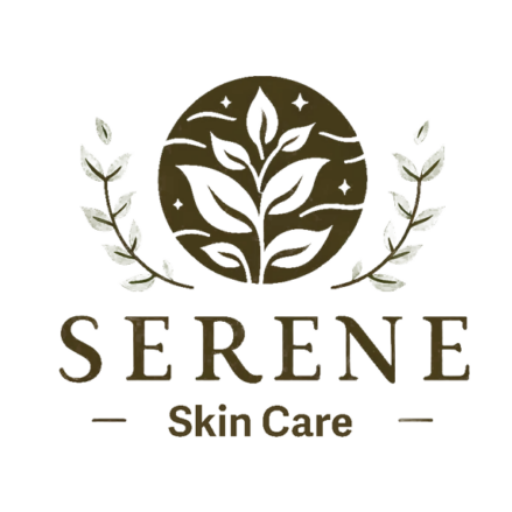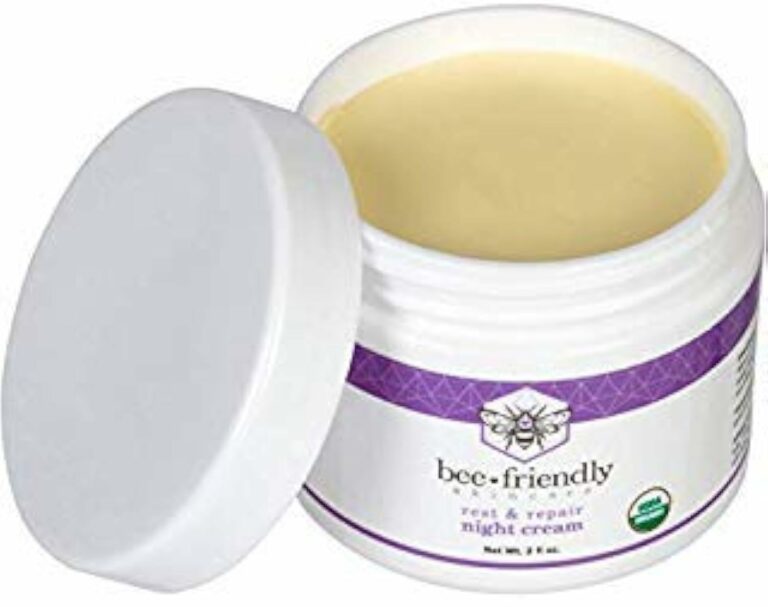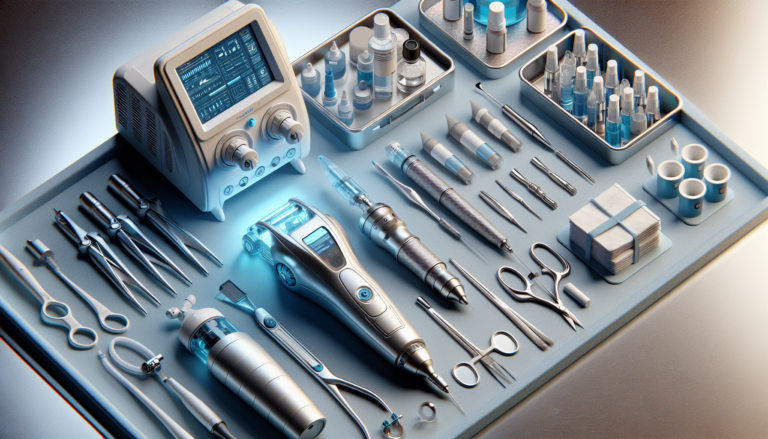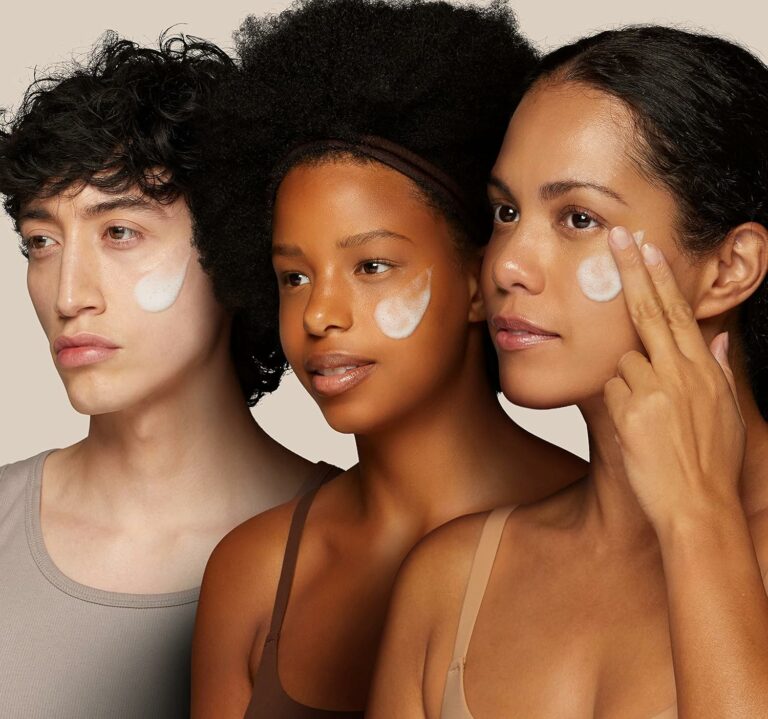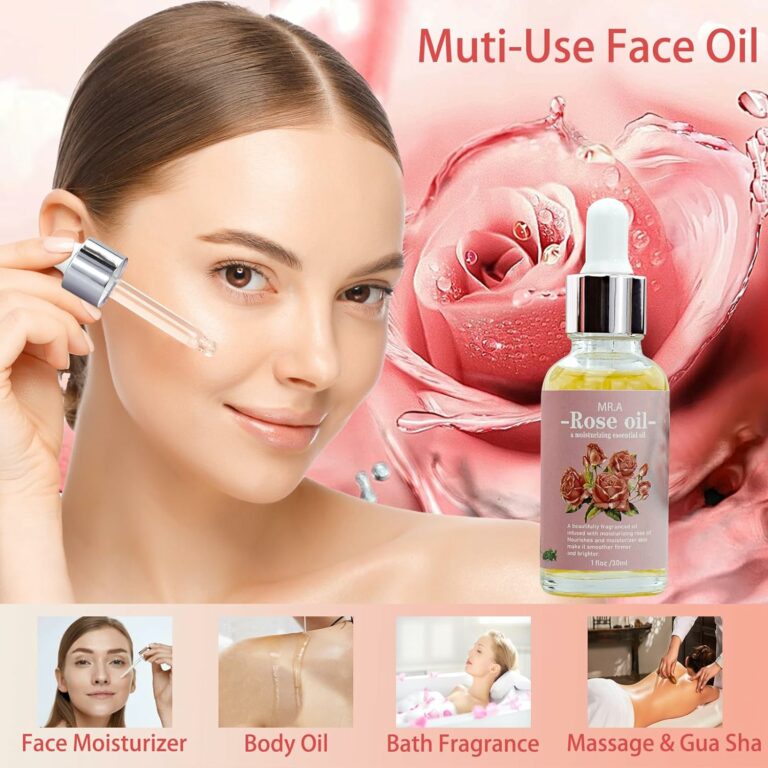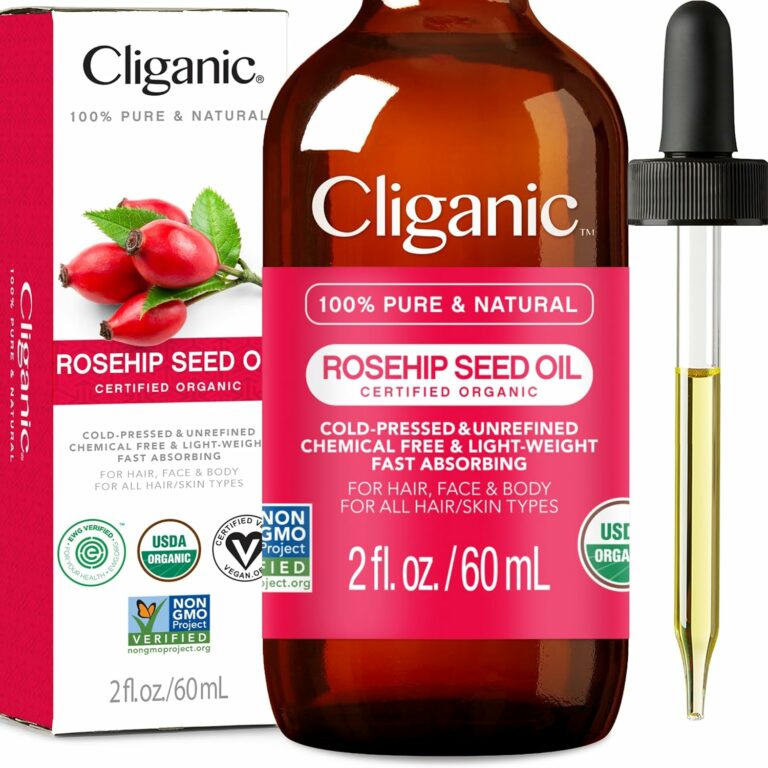Your skin deserves some extra TLC, and establishing a basic skin care regimen is the perfect way to show it some love. In this article, we will explore the essential steps to kick-start your journey towards healthier, glowing skin. Whether you’re a skin care newcomer or looking to refine your routine, these simple yet effective tips will guide you on your path to achieving a radiant complexion. So get ready to embark on this exciting adventure and unlock the secrets to a basic skin care regimen that will leave you feeling confident and refreshed.

Cleansing
Cleansing is the foundation of any skincare routine. It helps to remove impurities, excess oil, and dirt that accumulate on your skin throughout the day. However, choosing the right cleanser for your skin type is crucial to ensure effective and gentle cleansing.
When selecting a cleanser, consider your skin type. If you have oily or acne-prone skin, opt for a foaming cleanser that helps to control excess oil production. For dry or sensitive skin, choose a gentle, non-foaming cleanser that hydrates and soothes the skin.
Washing your face twice daily is essential to maintain clear and healthy skin. In the morning, it helps to remove any impurities that may have accumulated overnight. In the evening, it removes makeup, dirt, and grime from the day.
While cleansing, it’s important to use lukewarm water. Hot water can strip the skin of its natural oils, leading to dryness and irritation. Lukewarm water is gentle on the skin and helps to open up the pores, allowing the cleanser to deeply cleanse the skin.
When applying the cleanser, gently massage it onto your skin in circular motions. This helps to stimulate blood circulation and ensures that the cleanser penetrates deep into the pores. Be sure to avoid scrubbing too hard, as this can cause skin irritation and inflammation.
Finally, rinse thoroughly to remove all traces of cleanser from your skin. Leaving any residue can clog the pores and lead to breakouts. Use your hands or a soft washcloth to ensure that all the cleanser is properly washed off.
Exfoliation
Exfoliation is a vital step in any skincare routine as it helps to remove dead skin cells and reveal a brighter, smoother complexion. However, it’s important to select a gentle exfoliator that does not cause irritation or damage to the skin.
When choosing an exfoliator, look for ingredients like alpha-hydroxy acids (AHAs) or beta-hydroxy acids (BHAs). These ingredients help to slough off dead skin cells and unclog pores, leaving your skin feeling fresh and renewed.
Exfoliating 2-3 times a week is sufficient for most skin types. Over-exfoliating can disrupt the skin’s natural barrier and lead to dryness and sensitivity. If you have sensitive skin, reduce the frequency to once a week or opt for a milder exfoliating product.
To apply the exfoliator, use gentle circular motions to massage it onto damp skin. This will help to remove the dead skin cells and promote circulation. Avoid scrubbing too hard, as this can cause micro-tears in the skin and lead to inflammation.
After exfoliating, always make sure to rinse off the product completely. Leftover exfoliator residue can cause irritation and dryness. Use lukewarm water to thoroughly cleanse your skin and pat dry with a soft towel.
Toning
Toning is an often overlooked step in a skincare routine, but it plays a crucial role in maintaining healthy skin. A toner helps to balance the pH of the skin, minimize the appearance of pores, and remove any remaining impurities after cleansing and exfoliating.
When selecting a toner, opt for an alcohol-free formula. Alcohol-based toners can be too harsh and drying, especially for those with dry or sensitive skin. Look for toners that contain soothing and hydrating ingredients like rose water or witch hazel.
After cleansing and exfoliating, apply the toner using a cotton pad or spray directly onto your skin. Start from the center of your face and gently pat the toner onto your skin, working your way outwards. This ensures that the toner is evenly distributed and absorbed by the skin.
Allow the toner to dry completely before proceeding with the next steps in your skincare routine. This usually takes a few minutes. Patience is key here, as rushing may prevent the toner from fully doing its job.
Moisturizing
Moisturizing is essential for maintaining hydrated and healthy skin. It helps to replenish moisture, nourish the skin, and create a protective barrier against environmental factors. However, it’s important to choose a moisturizer that suits your skin type and addresses any specific concerns you may have.
When selecting a moisturizer, consider your skin type. If you have oily skin, opt for a lightweight, oil-free moisturizer that won’t clog your pores. For dry skin, choose a richer, more emollient formula that provides deep hydration. Combination skin may benefit from a moisturizer that contains both hydrating and oil-absorbing ingredients.
Apply moisturizer twice a day, in the morning and evening, after cleansing and toning. Use gentle upward strokes to apply the moisturizer, starting from the center of your face and working your way outwards. Pay extra attention to dry areas, such as your cheeks or forehead.
Give your moisturizer some time to fully absorb before applying other products, such as sunscreen or makeup. This allows the moisturizer to form a protective barrier and lock in hydration.
Sun Protection
Protecting your skin from the sun’s harmful rays is crucial for maintaining healthy and youthful-looking skin. Exposure to UV radiation can lead to sunburn, premature aging, and an increased risk of skin cancer. Therefore, it’s important to incorporate sun protection into your daily skincare routine.
Choose a broad-spectrum sunscreen with at least SPF 30 to ensure that you’re adequately protected from both UVA and UVB rays. Apply sunscreen daily, even on cloudy days, as UV rays can penetrate through clouds and cause skin damage.
Generously apply sunscreen to all exposed areas of your face and body. Don’t forget about your neck, ears, and any other areas that may be exposed to the sun. Use gentle, circular motions to ensure even coverage.
Reapply sunscreen every 2 hours, or more frequently if you’re swimming or sweating. Sunscreen can wear off or become less effective over time, so it’s important to reapply to maintain optimal protection.
In addition to sunscreen, wearing protective clothing, such as wide-brimmed hats and long-sleeved shirts, can provide extra protection against the sun. Seek shade during peak sun hours, usually between 10 am and 4 pm, when the sun’s rays are the strongest.
Eye Care
The delicate skin around the eyes requires special attention and care. With the right steps, you can keep this area hydrated, reduce the appearance of dark circles and puffiness, and prevent premature signs of aging.
To remove eye makeup, use a gentle eye makeup remover. Be cautious when doing so to avoid tugging or pulling on the skin, as this can cause wrinkles and irritation. Look for a remover that is specifically formulated for the sensitive eye area.
After removing makeup, apply an eye cream or serum to the under-eye area. These products help to hydrate the skin, reduce puffiness, and diminish the appearance of fine lines and wrinkles. Use your ring finger to gently pat the product onto the skin, as it applies the least amount of pressure.
Be cautious when applying eye products and avoid getting too close to the lash line. This can lead to irritation or even eye infections. Patience is key with eye care, as it may take some time to see visible results, but consistent use will yield the best outcomes.
Lip Care
Just like the rest of your skin, your lips need care and attention. With the right steps, you can keep your lips soft, smooth, and free from dryness or chapping.
Exfoliating your lips helps to remove dead skin cells and promote a healthier appearance. Use a lip scrub or gently brush your lips with a soft toothbrush to exfoliate them. This will leave your lips feeling rejuvenated and ready for moisturization.
Apply lip balm daily to keep your lips hydrated and protected. Look for a lip balm that is formulated with moisturizing ingredients like shea butter or coconut oil. Regular application helps to maintain soft and supple lips.
Protect your lips from sun exposure by using a lip balm that contains SPF. Just like the rest of your skin, your lips can get sunburned and damaged by UV radiation. Applying SPF lip balm before going outdoors helps to shield your lips from harmful rays.
Avoid the habit of licking your lips, as this can actually contribute to dryness and chapping. Your saliva contains enzymes that can break down the protective barrier of your lips, leading to moisture loss. Instead, reach for your lip balm whenever your lips feel dry or chapped.
Avoid excessive use of matte lip products, as they tend to be drying. Opt for lipsticks, glosses, or balms that contain moisturizing ingredients to keep your lips looking and feeling their best.
Healthy Lifestyle Habits
While having a consistent skincare routine is important, it’s equally crucial to adopt healthy lifestyle habits that contribute to overall skin health. Here are a few key practices to incorporate into your daily life:
Staying hydrated by drinking enough water is essential for maintaining hydrated and supple skin. Water helps to flush out toxins, regulate body temperature, and promote glowing skin. Aim to drink at least 8 glasses of water a day.
Following a balanced diet that is rich in fruits and vegetables provides your body with essential vitamins and minerals that promote healthy skin. Antioxidant-rich foods, such as berries, spinach, and carrots, help to fight free radicals and protect against premature aging.
Getting sufficient sleep is crucial for your overall health, as well as your skin. During sleep, your skin undergoes a process of repair and regeneration. Lack of sleep can lead to dull skin, dark circles, and an increase in skin issues. Aim for 7-9 hours of quality sleep each night.
Managing stress levels is important for both your mental and physical well-being. High stress levels can contribute to skin problems, such as acne breakouts or flare-ups of conditions like eczema or psoriasis. Practice stress reduction techniques, such as meditation, yoga, or deep breathing exercises.
Avoid smoking and limit alcohol consumption, as both can have negative effects on the skin. Smoking can cause premature aging, dullness, and wrinkles. Excessive alcohol consumption can dehydrate the skin, leading to dryness and inflammation.
Avoid Harsh Ingredients
Reading ingredient labels and being mindful of what you’re putting on your skin is crucial for maintaining its health. Avoiding harsh and potentially irritating ingredients can help prevent adverse reactions and sensitivity.
Fragrance is a common irritant in skincare products, particularly for those with sensitive skin. Opt for fragrance-free products, or choose ones that are naturally scented with essential oils. This reduces the risk of irritation and allergic reactions.
Excessive alcohol-based skincare products can be harsh and drying. While some alcohol can be beneficial in skincare products, like fatty alcohols that provide emollient properties, it’s best to avoid high concentrations of alcohol. Look for alcohol-free or low-alcohol formulations.
Be cautious with treatments containing retinoids, which are derivatives of vitamin A. While retinoids can offer many benefits, including improving the appearance of fine lines and wrinkles, they can also cause irritation and dryness, especially if used incorrectly. Consult a dermatologist before incorporating retinoids into your skincare routine.
If you’re unsure about the safety of certain ingredients, don’t hesitate to consult a dermatologist. They can provide professional guidance and recommendations based on your specific skin concerns and needs.
Consistency and Patience
Consistency and patience are crucial when it comes to skincare. It’s important to stick to your skincare routine consistently to see long-term results. Skincare is not a quick fix but rather a continuous commitment to maintaining healthy and radiant skin.
Expect gradual improvements rather than instant results. Skincare products usually take time to work and provide visible benefits. Give your skin time to adjust and react positively to the products you’re using.
Allow sufficient time for products to work before considering switching to different ones. It’s common for people to switch products too frequently or become impatient when they don’t see immediate changes. However, this can disrupt your skin’s natural process and hinder its ability to heal and restore itself.
Be patient with your skin’s natural healing process. Skin concerns, such as acne or pigmentation, take time to improve. Be consistent with your skincare routine and give your skin the opportunity to heal itself.
Adjust your skincare routine as necessary but refrain from making frequent changes. Every individual’s skin is unique, and what works for one person may not work for another. However, constantly changing products can confuse your skin and make it difficult to identify what is actually causing improvements or concerns.
By following these essential steps and practicing good skincare habits, you can achieve and maintain healthy, glowing skin. Remember to choose products suitable for your skin type, be consistent with your routine, and have patience as your skin transforms over time. Your skin will thank you for the love and care you give it!
